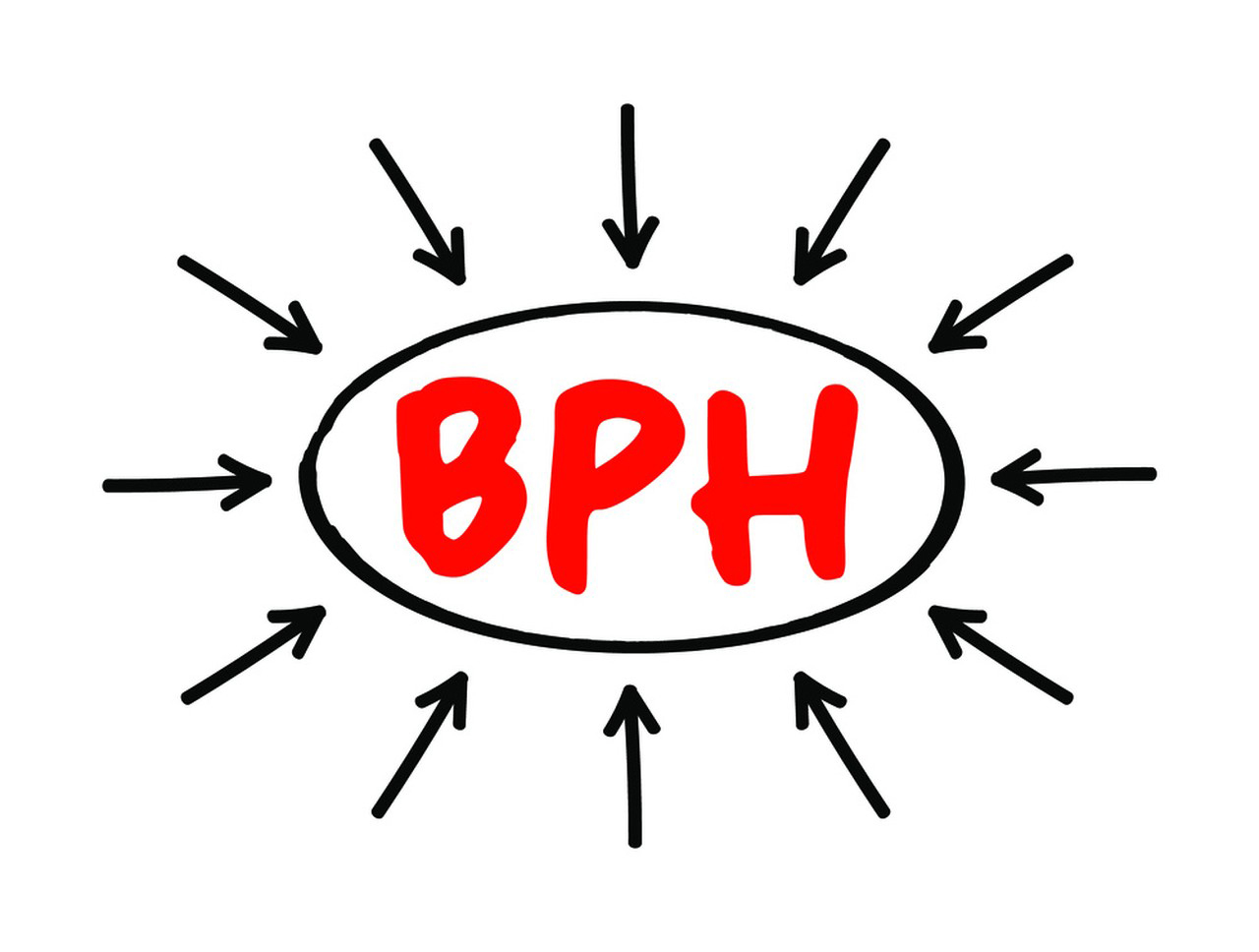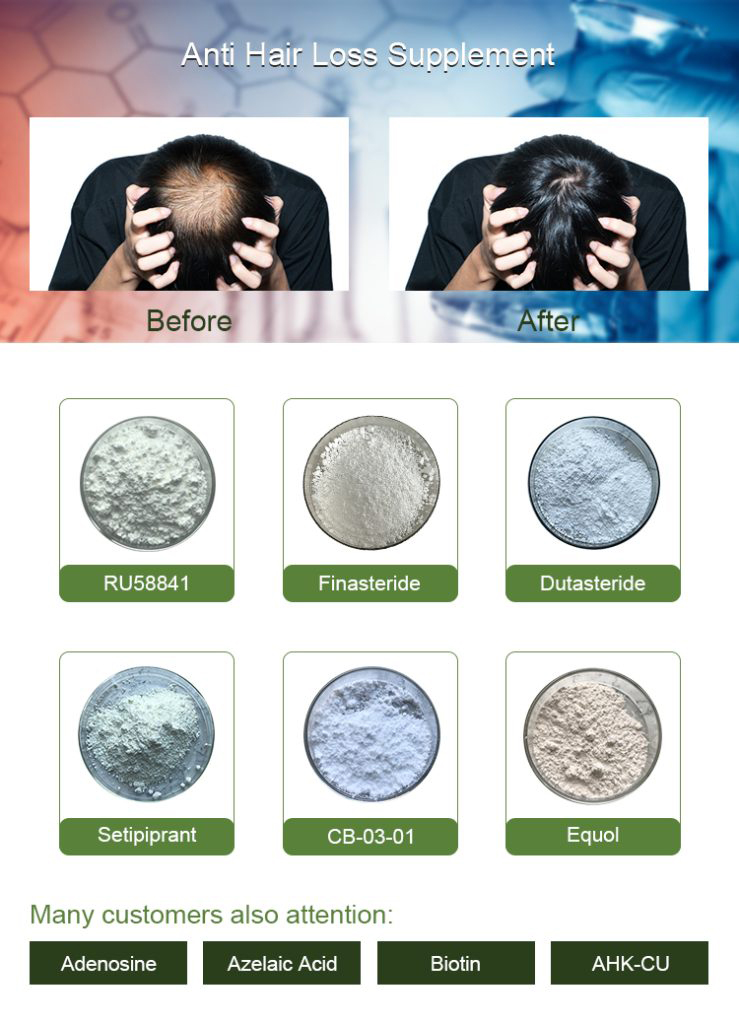Finasteride is a medication primarily used to treat conditions related to an enlarged prostate gland (benign prostatic hyperplasia) and male pattern baldness (androgenetic alopecia). Here’s an overview of the materials and methods typically associated with the use of Finasteride:

Materials of Finasteride:
- Finasteride Tablets: The medication is available in tablet form, usually in doses of 1 mg for androgenetic alopecia and 5 mg for benign prostatic hyperplasia.
- Prescription: Finasteride is a prescription medication, so it requires a prescription from a qualified healthcare provider.
Methods of Finasteride:
1.Dosage and Administration:
- For Androgenetic Alopecia: The typical dosage for treating male pattern baldness is 1 mg of Finasteride taken orally once a day.
- For Benign Prostatic Hyperplasia: The usual dosage for treating an enlarged prostate is 5 mg of Finasteride taken orally once a day.
2.Mode of Action:
- Finasteride works by inhibiting the enzyme 5-alpha-reductase, which converts testosterone into dihydrotestosterone (DHT). DHT is implicated in the development of both enlarged prostates and hair loss in individuals with a genetic predisposition.
3.Duration of Treatment:
- The duration of treatment can vary depending on the condition being treated and the individual’s response to the medication. For androgenetic alopecia, it might take several months to start seeing noticeable results. For benign prostatic hyperplasia, the treatment might need to be continued long-term to manage symptoms.
4.Monitoring and Adjustments:
- Patients undergoing treatment with Finasteride might require periodic check-ups with their healthcare provider to monitor their progress and make any necessary adjustments to the treatment plan.
5.Potential Side Effects and Precautions:
- Before starting Finasteride, patients should be informed about potential side effects, including sexual side effects like decreased libido and erectile dysfunction. These side effects are generally reversible upon discontinuation of the medication.
- Finasteride is not recommended for use in pregnant women due to the risk of harm to a developing male fetus.
6.Contraindications:
- Finasteride is contraindicated in individuals who are hypersensitive to the medication or its ingredients.

7.Interaction with Other Medications:
- Patients should inform their healthcare provider about all medications and supplements they are taking, as Finasteride might interact with other drugs.
8.Discontinuation:
- If a patient decides to discontinue Finasteride, it’s recommended to consult their healthcare provider and follow their guidance on tapering off the medication if necessary.
It’s crucial to note that this information provides a general overview of the materials and methods related to Finasteride. However, individualized medical advice should always be sought from a qualified healthcare professional before starting any new medication or treatment regimen.
